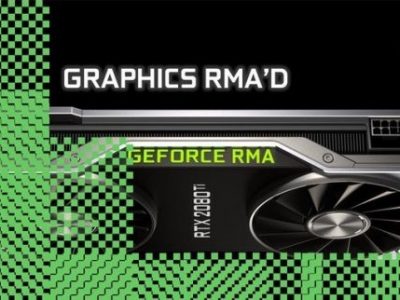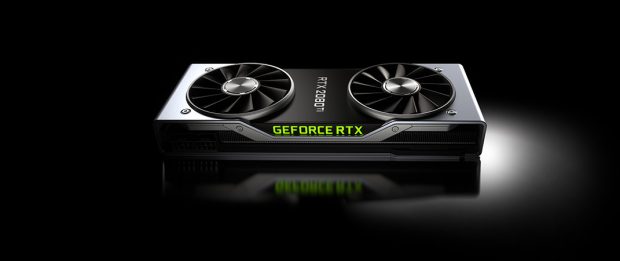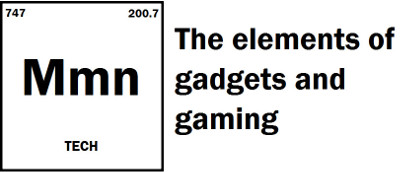

Nvidia RTX: Turnigs out it’s a 72% premium over Pascal
If you want one of Nvidia’s brand spanking new RTX 2000 series video cards, be prepared to cough up some more dough. 72% more to be exact.
The graphics chip maker announced their new “Turing” series cards at Gamescom on Monday. The main gimmick is real time ray tracing. A rendering method which uses complex geometry to track light sources in order to create an object, rather than polygons. It’s complicated, but here’s a brief primer.
The biggest benefit to ray tracing is that it can create more realistic objects than conventional rendering. Needless to say, this requires a lot of computational power, and this is the first consumer gaming card that can do it in real time. At least at playable frame rates.
So far, very few games support ray tracing. It’s more a novelty for gamers at this point, with the technology more likely to appeal to graphic designers.
In terms of Turing’s conventional performance, Nvidia has been rather mum. What little data we have pegs the RTX 2080 Ti as being about 10% faster the GTX 1080 Ti. That puts it somewhere in between a Titan Xp and Titan V, at least on paper, according to Wikipedia. Of course any gamer worth their salt knows that FLOPS don’t translate neatly to real world performance. If true though, it’s a fairly decent boost in performance. Though it’s not going to blow any doors off your battle station.
One stat that has gone way up though is price. The RTX 2080 Ti Founders Edition will retail for a staggering $1199 USD. That’s nearly a 72% jump over the GTX 1080 Ti Founders Edition, which released last year. The vanilla RTX 2080 and 2070 will cost $799 and $599, a price jump of $100 and $150 respectively over the previous generation. Certainly a big premium to pay for what’s still arguably a gimmick.
Part of the problem is a lack of competition in the GPU market. AMD’s Vega line, which released last year, just barely keeps up with Nvidia’s two year old Pascal cards. Their next generation “Navi” chips aren’t due to release until 2019. Intel recently announced they were entering the gaming GPU market, but won’t have a product to sell until 2020. Thus giving Nvidia a virtual monopoly on the high end.
PC gamers certainly aren’t pleased with the massive price hikes though, with many saying they’ll just ride out their Pascal and AMD Polaris/Vega cards for as long as possible.
This collective “meh” towards Turing comes on the heels of news regarding lacklustre ray tracing performance. PCGamesHardware.de (article in German) reports the 2080 Ti hits 30-60fps at 1080p in Shadow of the Tomb Raider, when RTX features are enabled. Commenters on Reddit’s r/pcgaming sub questioned who the card is for, since those able to fork out $1,200 USD will probably not be running a 1080p monitor.
At this time, it’s best to take any such news with a grain of salt. Game engines are still developing for ray tracing. For conventional rendering, we’ll wait until hard, real world benchmarks before passing judgement. For the time being though, you might want to hold onto your wallet. Nvidia reportedly has a surplus of GTX 1000 series chips following the cryptomining crash, so now might be as good a time as any to jump on the high end Pascal bandwagon.
Image courtesy of Nvidia.


